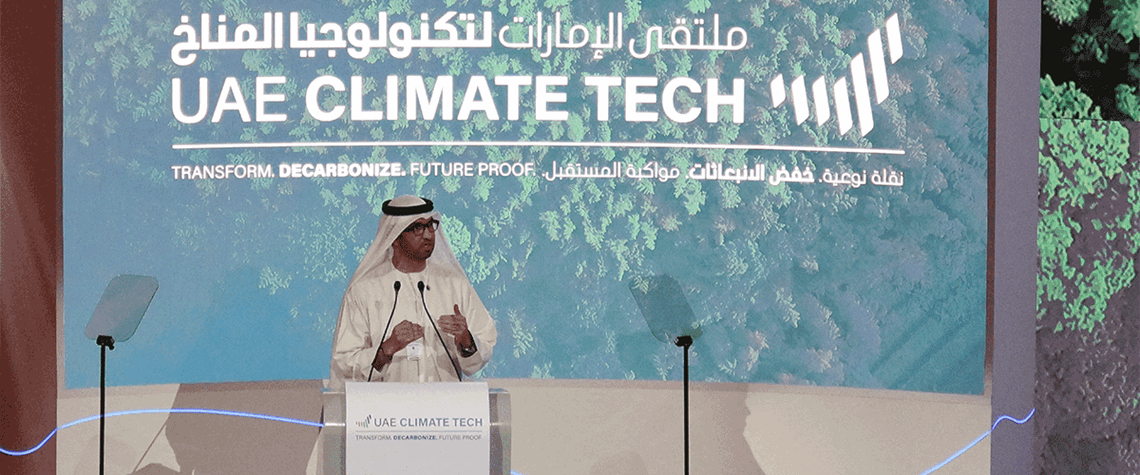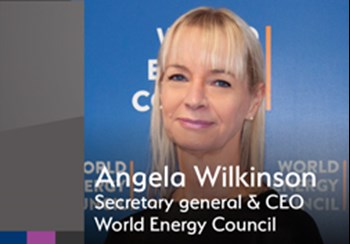Realistic hope should be the legacy of Cop28
The appointment of the UAE’s Sultan Ahmed al-Jaber as Cop president has drawn criticism from some quarters, but progress on the energy transition will require cooperation, not conflict
It is no longer surprising to see a sudden surge of outrage aimed at energy leaders, often amplified by global and social media. Stories of heroes and villains remain popular. The World Energy Council community has been at the forefront of making energy transitions happen for a century, so has some experience to bring to the table. The latest outrage has been aimed at the credibility of the UAE’s appointed Cop president, Sultan Ahmed al-Jaber, following concerns raised by some Western legislators. It is easy to join the bandwagon of criticism against a highly visible target, but progress rests on inclusion and sustaining cooperation, not conflict. More decentralised, decarbonised and d

Also in this section
9 January 2026
A shift in perspective is needed on the carbon challenge, the success of which will determine the speed and extent of emissions cuts and how industries adapt to the new environment
2 January 2026
This year may be a defining one for carbon capture, utilisation and storage in the US, despite the institutional uncertainty
23 December 2025
Legislative reform in Germany sets the stage for commercial carbon capture and transport at a national level, while the UK has already seen financial close on major CCS clusters
15 December 2025
Net zero is not the problem for the UK’s power system. The real issue is with an outdated market design in desperate need of modernisation








